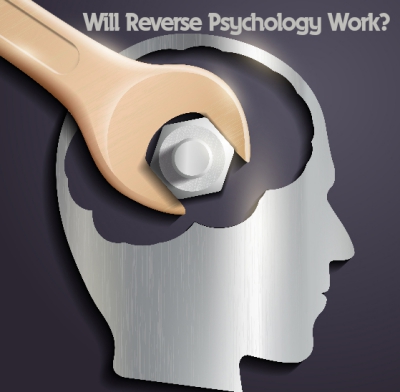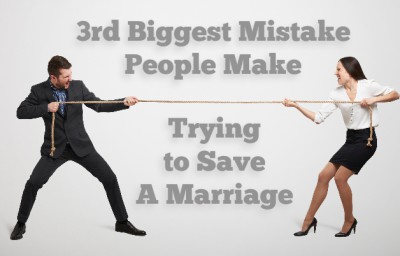3 Reasons Your Spouse Doesn’t See A Change
https://savethemarriage.com/stmblog/wp-content/themes/corpus/images/empty/thumbnail.jpg 150 150 Lee H. Baucom, Ph.D. Lee H. Baucom, Ph.D. https://secure.gravatar.com/avatar/669b7e375d93f77521ddaba08adb8063?s=96&d=blank&r=pg You’ve been working hard. You’ve been trying to make some personal changes, growing and expanding yourself. You’ve been trying to build a connection with your spouse, slowly and steadily.
You’ve been working hard. You’ve been trying to make some personal changes, growing and expanding yourself. You’ve been trying to build a connection with your spouse, slowly and steadily.
You feel good about what you are doing. You believe you are gaining grown.
But then, your spouse doesn’t notice any change at all!
What happened? Why can’t your spouse see the changes?
It can be challenging, frustrating, hurtful, and downright defeating. But there is a reason your spouse isn’t noticing (or admitting to noticing) the changes.
In fact, there are 3 reasons why your spouse doesn’t see the changes.
Let’s take a look at the 3 reasons, and start creating a strategy to make those changes visible.
Listen below.
RELATED RESOURCES:
Save The Marriage System
VIP Program (If you have the System and are ready to Up Your Game)
Podcast: Play in new window | Download
Subscribe: RSS
 When a crisis strikes, we all have a tendency to get stuck in the “What Happened” loop.
When a crisis strikes, we all have a tendency to get stuck in the “What Happened” loop. So, what DO you do when apathy strikes? It might be YOUR apathy. But more likely, it will be your spouse’s apathy. It just seems there is no emotion, no care, no concern.
So, what DO you do when apathy strikes? It might be YOUR apathy. But more likely, it will be your spouse’s apathy. It just seems there is no emotion, no care, no concern. A fight. An affair. An indiscretion. An argument. Some event.
A fight. An affair. An indiscretion. An argument. Some event. So many times, I hear couples say, “Stop Controlling ME!” Interestingly, sometimes, both people are saying it to the other. BOTH people are not likely to get very far in controlling. But BOTH claim a controlling spouse, while NEITHER accepts being controlling.
So many times, I hear couples say, “Stop Controlling ME!” Interestingly, sometimes, both people are saying it to the other. BOTH people are not likely to get very far in controlling. But BOTH claim a controlling spouse, while NEITHER accepts being controlling. Have you ever noticed how often we want an easy answer?
Have you ever noticed how often we want an easy answer? There are lots of mistakes people make in their efforts to save their marriage. This particular mistake is what I consider to be the 3rd biggest. I hear it in the questions people send me every single week.
There are lots of mistakes people make in their efforts to save their marriage. This particular mistake is what I consider to be the 3rd biggest. I hear it in the questions people send me every single week. Is your marriage on life support? You keep watching as the life slowly leaks away from your relationship. Maybe you feel powerless to turn it around. But is it too late?
Is your marriage on life support? You keep watching as the life slowly leaks away from your relationship. Maybe you feel powerless to turn it around. But is it too late?
